‘Chhello Show’ had its world premiere at the Tribeca Festival in June and will release in India on October 14
‘Chhello Show’ had its world premiere at the Tribeca Festival in June and will release in India on October 14
The juggernaut that was S.S. Rajamouli’s RRR ruled the box office for weeks, the memes that emerged from it flooded our social media feeds, and it once again made Bollywood pine for that one film that could capture the Indian imagination the way RRR did.
Even though it lost out to Gujarati film Chhello Show ( Last Film Show) as India’s official Oscar entry, RRR could still be nominated in the other categories at the 95th Academy Awards to be held on March 12 next year. After the Aamir Khan-starrer Lagaan’s successful nomination at the 2002 Oscars, RRR is perhaps the first Indian film in recent times to have achieved massive commercial success and also make its way to the top of the contenders’ lists.
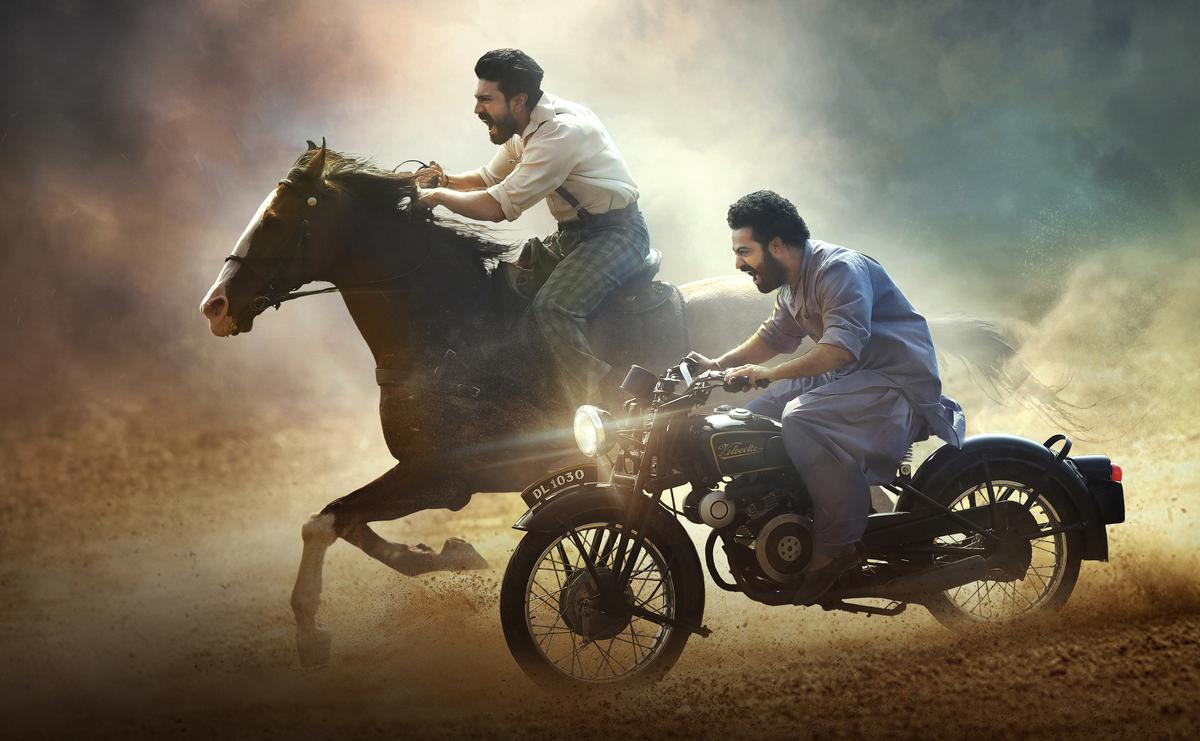
Ram Charan and NTR Jr. star in S.S. Rajamouli’s film ‘RRR’.
Some say this could be the beginning of the end for independent cinema. If films like RRR take up both the commercial and the international awards space, where will indie films go? What will be the fate of Chhello Show when it comes home to local cinemas?
Lack of state support

Svetlana Naudiyal, programming director of MUBI India.
“A lot of European countries have state funds that help movies get promoted and distributed and that takes the burden off filmmakers, but that’s not the case with India because they only want to bet on safe films,” says Svetlana Naudiyal, programming director of MUBI India. “This is the reason festival films don’t necessarily have a great theatrical life. Although PVR did screen these films under their ‘PVR Director’s Rare’ collection.”
Sanjeev Kumar Bijli, joint managing director at PVR Limited, says movies continue to be made and released in unbelievable numbers every Friday. On September 2, for instance, 19 films released in theatres in the country in various languages. In such a context, it becomes incredibly important to protect independent films, too.

Sanjeev Kumar Bijli, joint managing director of PVR Limited.
“As a film exhibition company, we show all kinds of films but with the Director’s Rare initiative, we wanted to nurture small independent producers who had the funds to make the film but not for marketing and promoting it,” says Bijli. “Some films worked and some didn’t. The initiative was put on hold in March 2020 due to the pandemic but we hope to revive it soon.”
He says that having a separate category for independent films is crucial in a vast country such as India. “It all comes down to identifying these films, marketing them separately and putting a brand name under it. We also employ direct marketing techniques where we inform our consumers about these films via email and SMS.”
Curating stories
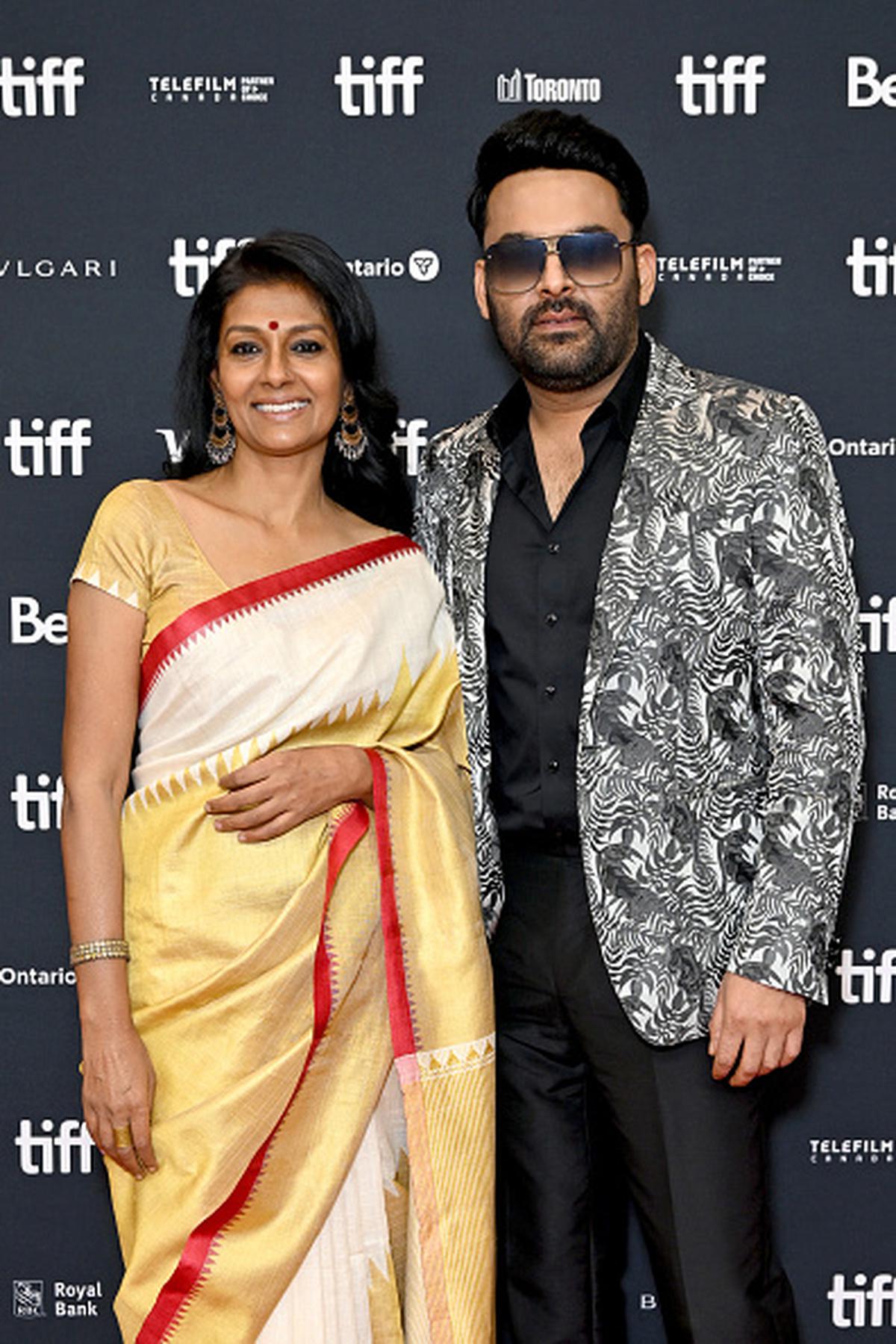
Nandita Das and Kapil Sharma during the premiere of ‘Zwigato’ at the 2022 Toronto International Film Festival.
| Photo Credit: Getty Images
The film festival circuit still remains the safest space for independent films — an opportunity that can be leveraged to find theatrical release in India. Last week, two Indian films, Nandita Das’ Zwigato and Shekhar Kapur’s What’s Love Got to Do with It?, premiered at the Toronto International Film Festival. In June, films by Indian or Indian-origin filmmakers made it big at the Tribeca festival in New York City, including writer-director Shlok Sharma’s Two Sisters and a Husband.
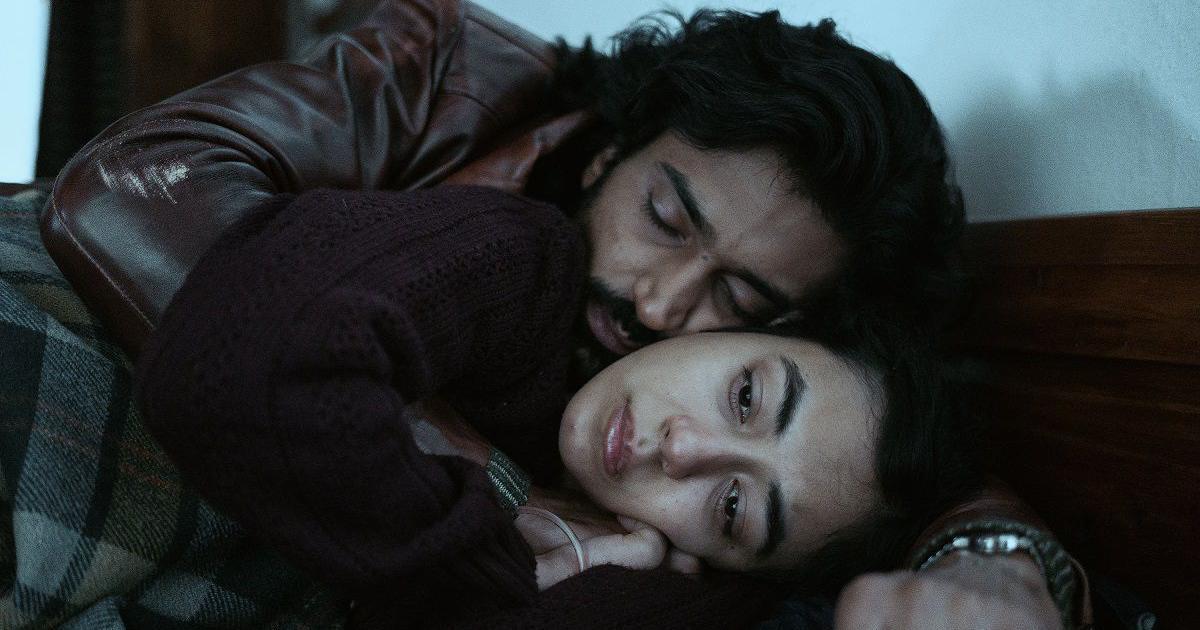
A still from writer-director Shlok Sharma’s ‘Two Sisters and a Husband’.
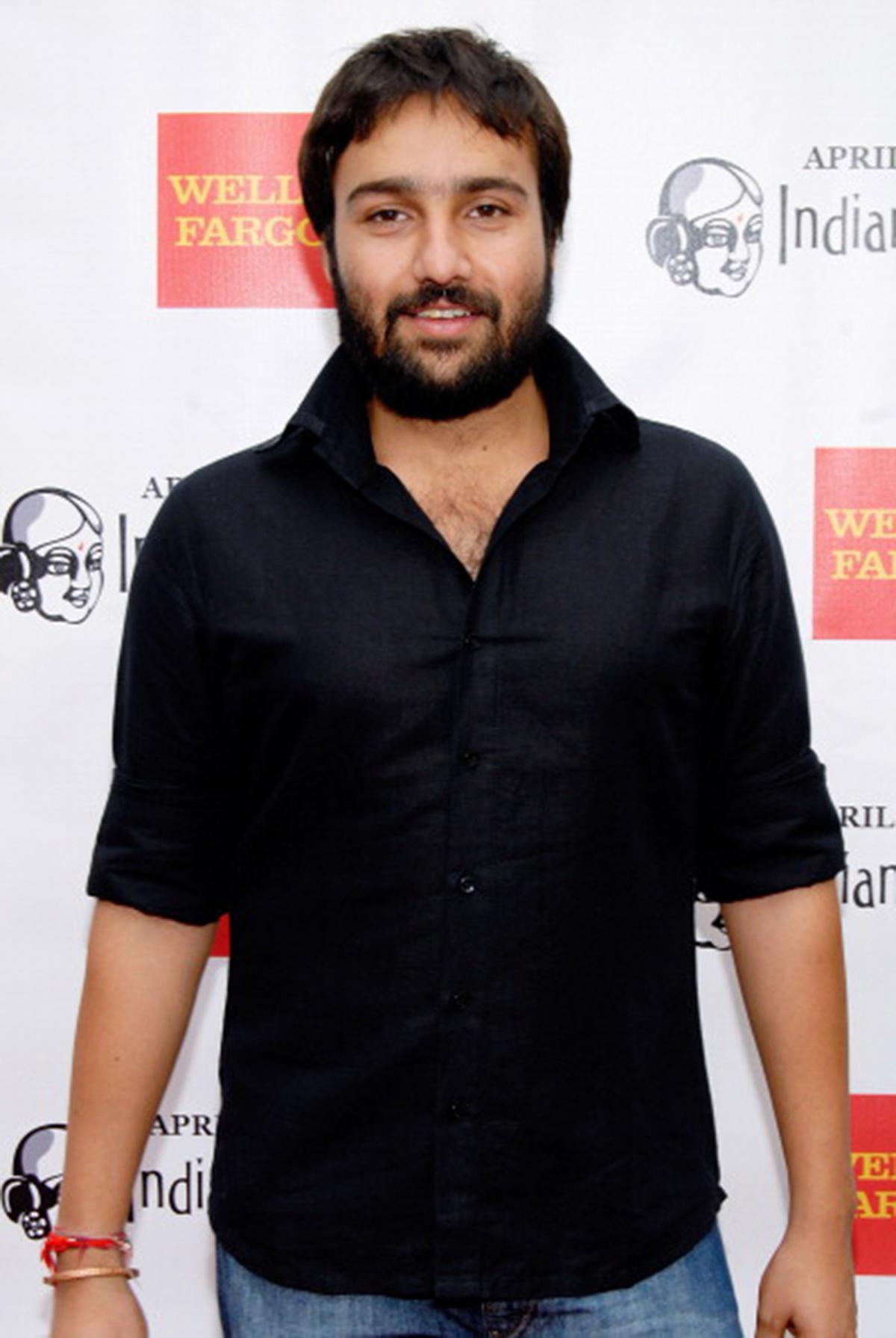
Director Shlok Sharma.
Sharma, 37, made his debut in 2015 with the Nawazuddin Siddiqui-starrer Haraamkhor, produced by Anurag Kashyap. Earlier, he had worked with Kashyap on films such as Dev.Dand Gangs of Wasseypur. But after nearly every international festival rejected Two Sisters…,and the cancellation of the Mumbai Film Festival in March this year, he gave up hope of ever finding a screening space for it. “People assume that because our names are usually associated with Anurag Kashyap, it is easier for our films to get selected,” says Sharma. “But one must realise that if we have Anurag Kashyap, then other filmmakers across the globe have their own big names.”
British-Indian actor Ravi Kapoor’s Four Samosas, a quirky heist comedy of four immigrants in the U.S., also premiered at Tribeca this year. In 2020, Prashant Nair’s Tryst With Destiny had won the best screenplay award at the festival.
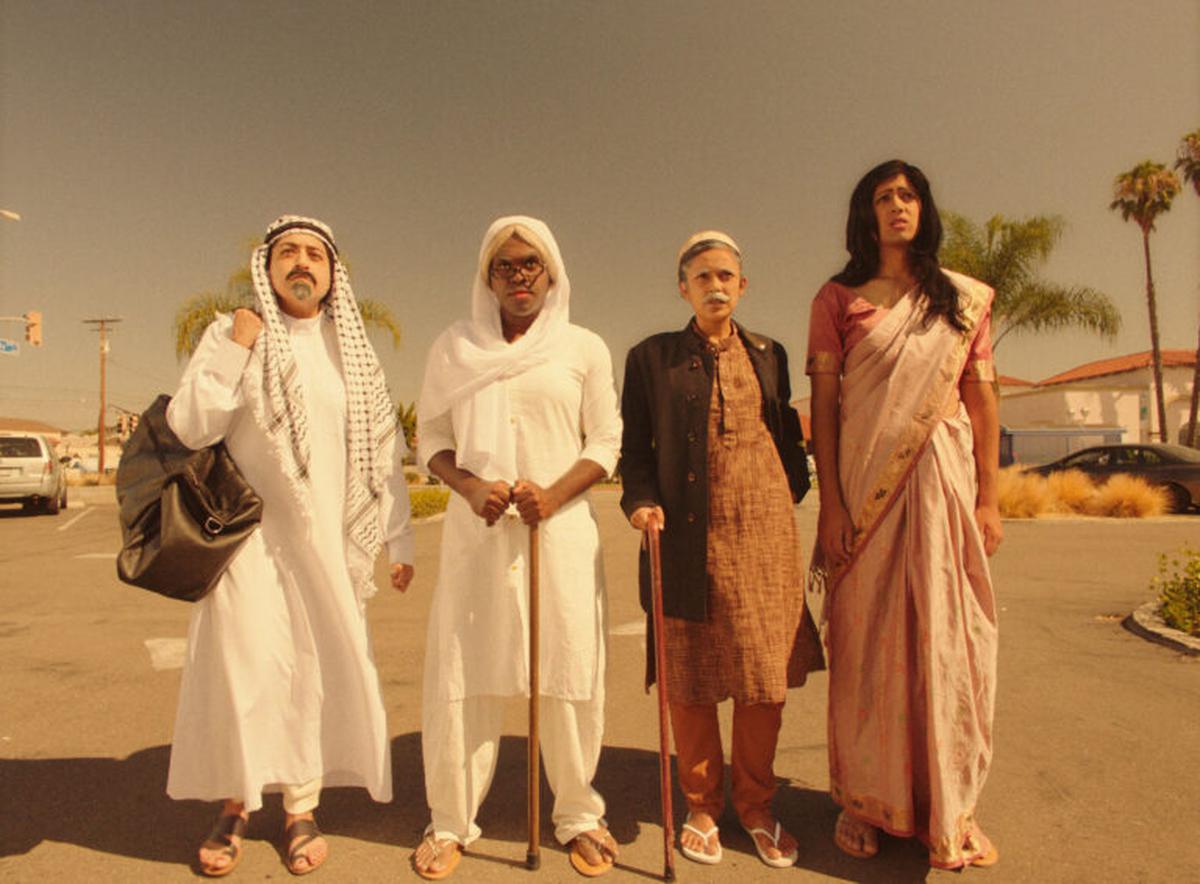
A still from Ravi Kapoor’s ‘Four Samosas’.
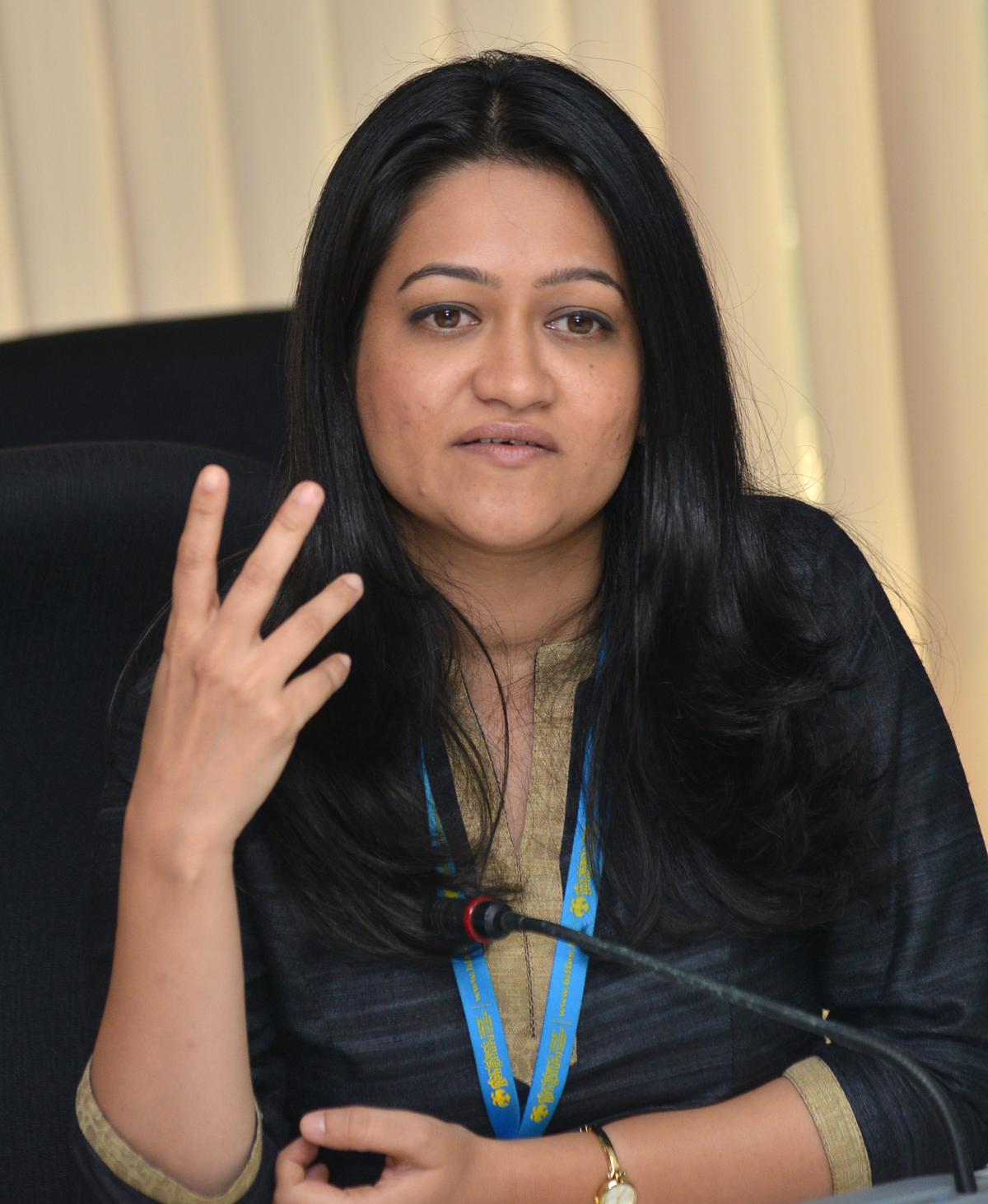
Film programmer Deepti DCunha.
| Photo Credit: Bhagya Prakash K.
Deepti DCunha, a film programmer who has worked as a consultant for the Cannes film festival, Locarno and the Mumbai Film festival, says it is encouraging that film festivals are now actively pursuing desi films.
“As a film programmer you are always championing ‘great’ films, but what is great for you might not necessarily be great for others,” she says. “When I worked as a consultant for the Director’s Fortnight section of the Cannes film festival, I had to recommend that one film with an original voice, without having any prefixed idea in mind.”
Cara Cusumano, director of the Tribeca festival this year, echoes the sentiment. She says it is the refreshingly original vision of Sharma and Kapoor’s films that appealed. “ Two Sisters… is a beautifully realised, emotional drama with stunning visuals and affecting performances. And Four Samosas is a breath-of-fresh-air heist comedy that brilliantly transports audiences to the Little India neighbourhood of LA where it was shot.” The way she sees it, both these films represent two very different aesthetics, tones and stories, but each speaks to the vibrancy of a true independent spirit that Tribeca is always excited about.
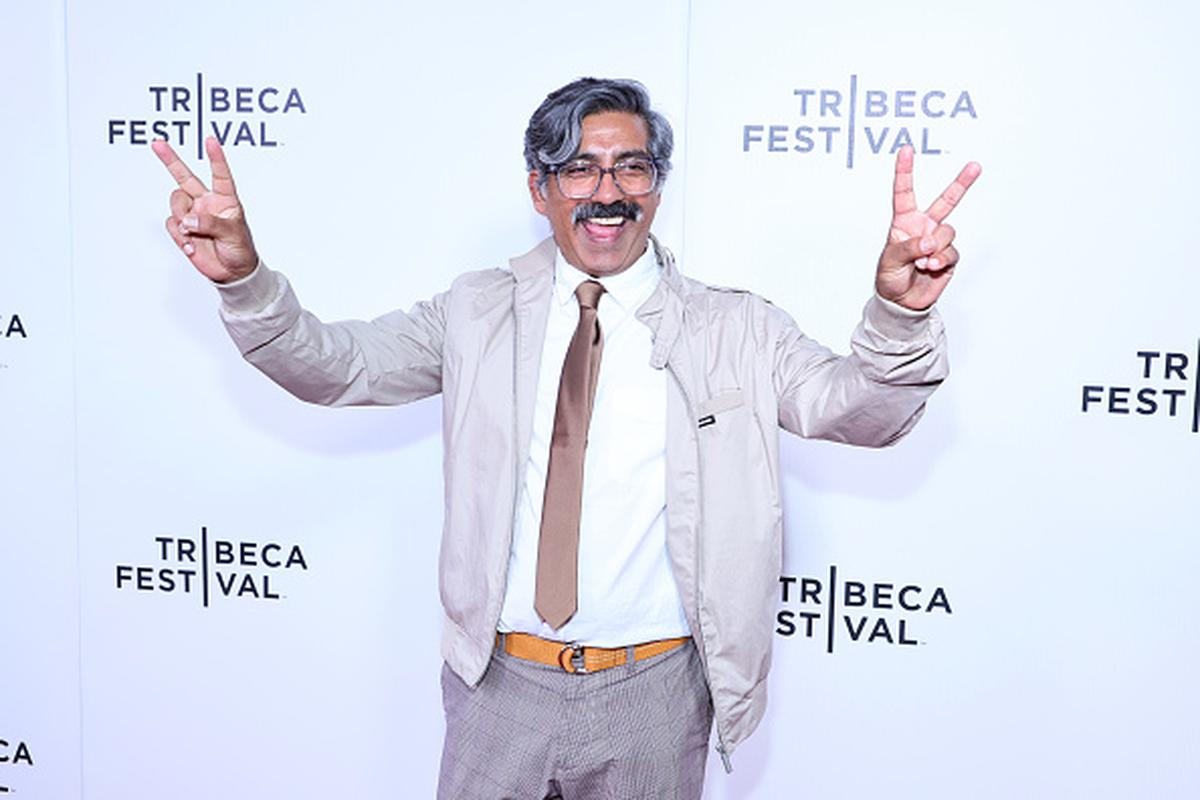
Director Ravi Kapoor during the premiere of ‘Four Samosas’ at the 2022 Tribeca Festival in New York.
| Photo Credit: Getty Images
Kapoor says the selection of Indian or Indian-origin films can be partially attributed to the fact that producers and film festival stakeholders are now aware that there is “money to be made from diversity and showing films that are diverse.”
Box-office pangs
What happens once the lights are off and the red carpet has been rolled back? Do festival films necessarily have a fighting chance at a theatrical release amid the high octane, commercial South Indian films that are being celebrated pan-India? How niche is too much, both in terms of economics and the future of these films?
Naudiyal of MUBI says one cannot look at such films solely from the point of view of finances. After all, making the big bucks might not necessarily be the first consideration on the minds of filmmakers such as Sharma. “There is a tremendous response to festival films when they are streamed in India. So, there will always be an audience because these films have made themselves count in their own right. Only recently was Anamika Haskar’s 2018 film Ghode Ko Jalebi Khilane Le Ja Riya Hoon [Taking The Horse To Eat Jalebis] released in theatres after she waited for more than two years. And she made it happen,” says Naudiyal.
Kapoor believes the advent of streaming platforms has opened a new door of opportunities. “I’d like to believe it is getting relatively easier with the onset of streaming channels,” he says. “There is also a greater connectedness across the globe. But we don’t know what the appetite of the Indian market is for diasporic stories because India, then, is not necessarily home for us. We are fascinated by it.”
However, a major chunk of Indian films that make it big on the festival circuit only get on to streaming giants if the events they have been to are massive in their own right. Prateek Vats’ 2019 social comedy Eeb Allay Ooo!, for instance, was picked up by Netflix only after receiving near-universal acclaim at Berlin and Pingyao.
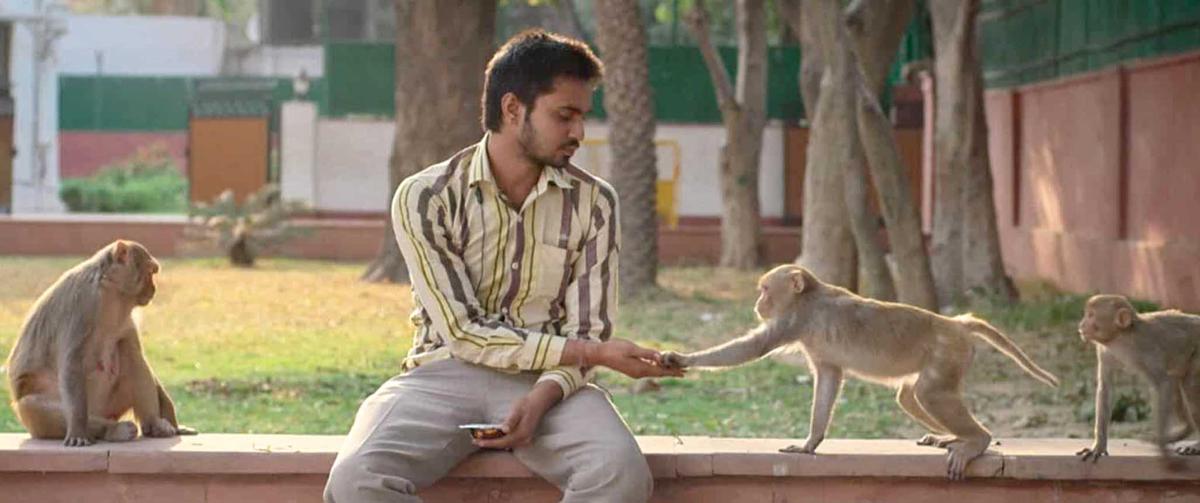
A still from Prateek Vats’ 2019 social comedy ‘Eeb Allay Ooo!’.

Documentary filmmaker Shaunak Sen at the Cannes Film Festival this year.
| Photo Credit: Reuters
Documentary filmmaker Shaunak Sen learned it the hard way when his 2015 work Cities of Sleep suffered a slow death after being ignored by the National Film Development Council, which had co-produced it. For his newest production, All That Breathes, releasing next month, Sen had a coherent streaming strategy in place, and it paid off. The film has been picked up by HBO Max, and it will stream next year, after a theatrical run in the U.S.
The writer and editor is based in Mumbai.
Stay connected with us on social media platform for instant update click here to join our Twitter, & Facebook
We are now on Telegram. Click here to join our channel (@TechiUpdate) and stay updated with the latest Technology headlines.
For all the latest Entertainment News Click Here
For the latest news and updates, follow us on Google News.
